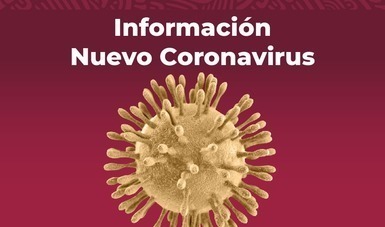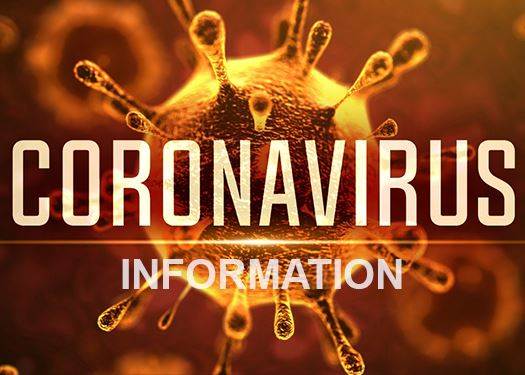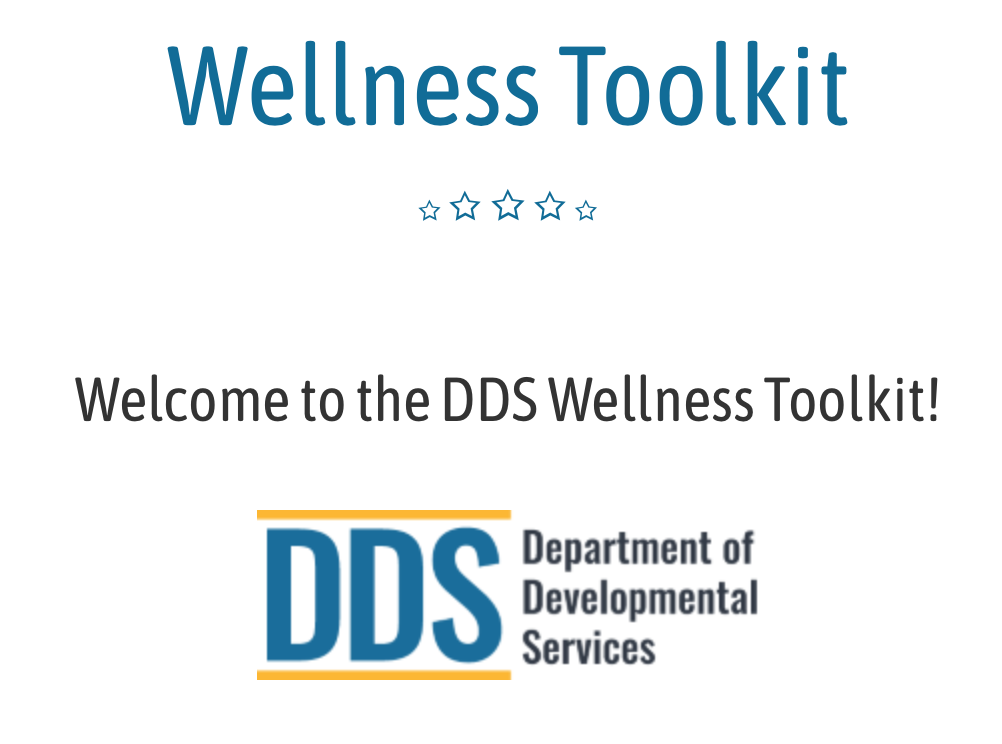Social - Recreation Activities Funding Guidelines
The law requires regional centers to assist for children and adults with developmental disabilities with participating in programs and activities in which they can interact and socialize with typical peers. This is referred to as the “inclusion mandate.” The regional center uses advocacy and public education to expand opportunities for children and adults with developmental disabilities to be included in social and recreational activities in the community. This advocacy and public education is done through publications, self-advocacy groups and public meetings to inform clients, family members and service providers about available free or low-cost social and recreational opportunities. The regional center also provides training to community recreation programs about developmental disabilities and inclusion strategies.
The regional center does not typically fund social or recreational activities as ways to provide respite.
Children
Families are expected to provide their child with a disability with the same social and recreational opportunities that they would provide for a child without a disability. They are also expected to assume the ordinary associated cost. Such activities include but are not limited to:
-
camp,
-
karate lessons,
-
swimming,
-
gymnastics,
-
horseback riding, and
-
YMCA programs.
In the event that a child with a developmental disability needs extra support in order to engage in an inclusive social or recreational activity in the community, the regional center may provide that support. Such support might, for example, include training for the individuals offering the social or recreational activity, or a companion for the child in the activity.
Adults
If an adult with a developmental disability living at home or on his or her own chooses to participate in a social or recreational activity in the community, the client is expected to assume financial responsibility for the activity using his or her own funds, such as SSI funds or other income. If, however, an adult with a developmental disability needs extra support to engage in an inclusive social or recreational activity in the community, the regional center may provide that support. Such support might include, but not be limited to training for the individuals offering the social or recreational activity, or a companion for the client in the activity.
If the adult lives in a licensed home, it is the responsibility of the residential program to ensure participation in appropriate social and recreational activities; if an individual wants to pursue individual interests, it is expected that he or she will pay for the activity with his or her own money, such as P&I Income or other income.






